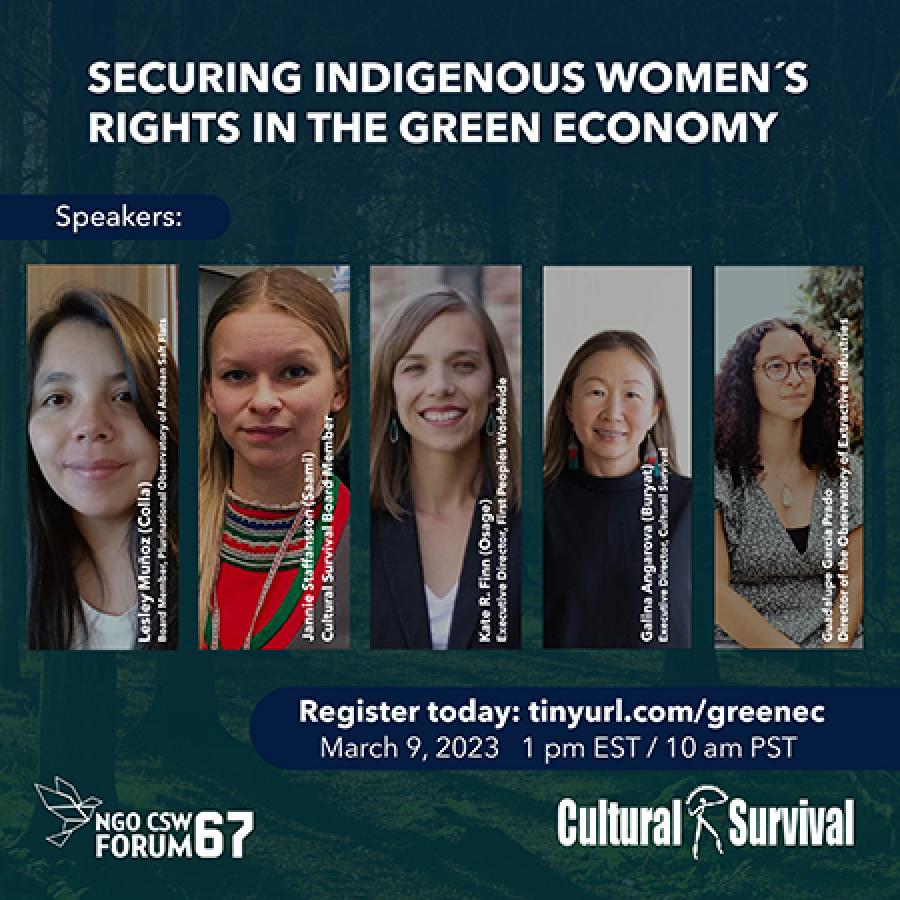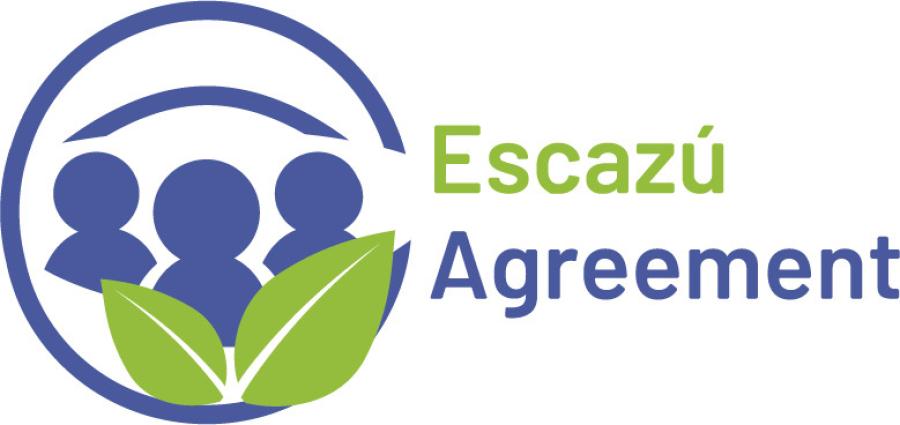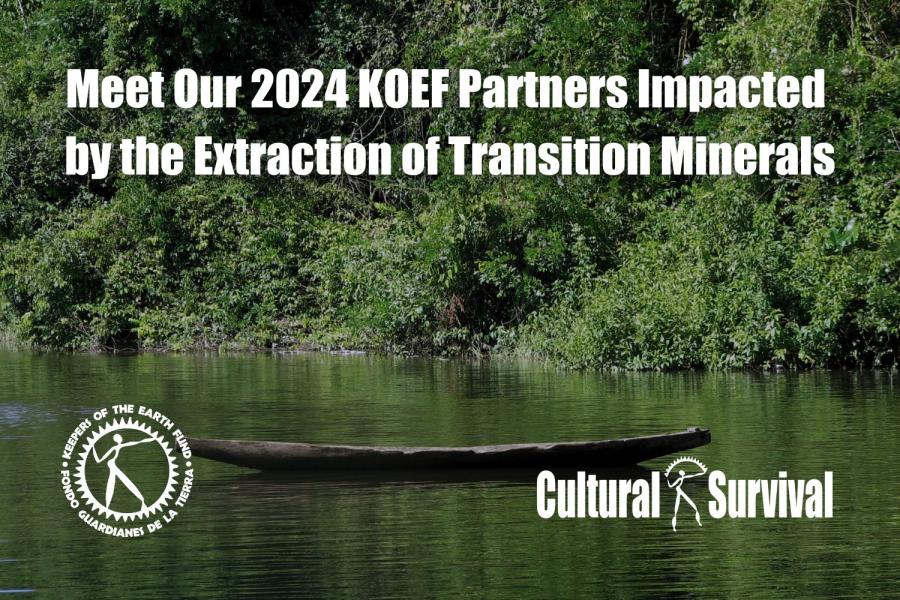
By Salma Al-Sulaiman
According to a new report released by the United Nations Special Rapporteur on the Rights of Indigenous Peoples Victoria Tauli-Corpuz, there has been a distinct surge of instances of physical violence and criminalization aimed at Indigenous Peoples globally. In the report, submitted on August 27, 2018, to the 39th session of the UN Human Rights Council, Tauli-Corpuz raises her concern over the unfolding of a “global crisis.” She highlights the correlation between the increase in violence, harassment, and legal action against Indigenous Peoples and the rise in private, commercial, profit-driven business initiatives aimed at extracting value from the land and resources traditionally occupied or shepherded by Indigenous groups.
Since her appointment in 2014, Tauli-Corpuz has gathered data from wide-ranging sources, including: Guatemala, Kenya, Philippines, Colombia, Brazil, Honduras, India, México, Ecuador, Thailand, and Peru. To gather a broad data-set, the Special Rapporteur put out a public call for input on the subject of attacks against and criminalization of Indigenous Peoples, the collective impact of those attacks on communities, and on the available prevention and protection measures. Tauli-Corpuz received and analyzed over 70 written submissions, most of which were from Indigenous and human rights organizations concentrated in Latin America. According to Article 3 of the Universal Declaration of Human Rights, the rights of Indigenous Peoples are protected by their native states. Additionally, the author points out that the rights of Indigenous Peoples are further protected by the United Nations Declaration on the Rights of Indigenous Peoples, particularly articles 25-27 and 32.
The rights of Indigenous Peoples are subdued, in part, because those who seek to defend their rights are the targets of extreme violence, including murder. The author highlights that -- of the 312 human rights defenders killed in 27 countries worldwide -- 67 percent were engaged in the defence, environmental, and Indigenous rights; nearly all of the killings occurred in the context of megaprojects, extractive industry, and big business. Such attacks “tend to occur in the context of violence and threats against Indigenous Peoples and their communities, including enforced disappearances, forced evictions, judicial harassment, arbitrary arrests and detention, limitations to the freedom of expression and freedom of assembly, stigmatization, surveillance, travel bans, and sexual harassment.” According to Tauli-Corpuz, the government often aids efforts to suppress the rights of Indigenous Peoples by accepting false testimony, issuing warrants without sufficient evidence, allowing unfounded prosecutions to advance, and improperly interpreting the law to incriminate Indigenous groups. Procedural guarantees are frequently denied to Indigenous Peoples, who often do not have the means to seek legal recourse. Indigenous Peoples are further discredited by defamation and smear campaigns fueled by hate speech.
The Special Rapporteur identifies the lack of official recognition of Indigenous Peoples’ land rights as the root cause of the violence. While some countries have adopted legislation protecting Indigenous collective land rights, most countries have not. Further, even in countries in which such formal rights exist, significant practical challenges bar Indigenous Peoples from actually asserting those rights. For example, even where Indigenous Peoples have formal rights to their land, those rights are often not harmonized with legislation pertaining to forestry, mining, and other commercial enterprises that take place on their territories. Furthermore, the process of asserting their rights is costly and complex, and presents a significant barrier for Indigenous Peoples. Thus, formal rights or no formal rights, Indigenous Peoples are often treated as criminal trespassers on their own ancestral lands. In a written statement, Tauli-Corpuz warns, “I’ve been alerted to hundreds of cases of criminalization from nearly every corner of the world. These attacks -- whether physical or legal -- are an attempt to silence Indigenous Peoples voicing their oppositions to projects that threaten their livelihoods and cultures.”
Tauli-Corpuz further notes that the “escalation of attacks against Indigenous Peoples is occurring in the context of a skewed power structure, whereby private companies wield significant influence over states and ensure that regulations, policies, and investment agreements are tailored to promote the profitability of their business.”
To prevent further conflicts and violence, the Special Rapporteur recommends that authorities at the highest levels recognize the rights of Indigenous Peoples, particularly their right to self-determination, which includes the right to determine priorities for the development or use of their lands or territories and other resources, as stipulated in article 32 of the United Nations Declaration on the Rights of Indigenous Peoples. She further recommends, among other measures, the:
- Creation and reinforcement of programs aimed at the protection of Indigenous Peoples
- Prompt and impartial investigation of all violent attacks against defenders of Indigenous Peoples’ rights and a zero-tolerance approach to any verified attacks
- Adaptation of legislation and policies to expressly support the protection of indigenous defenders and communities.
- Monitoring of all large-scale development taking place on Indigenous territory.



